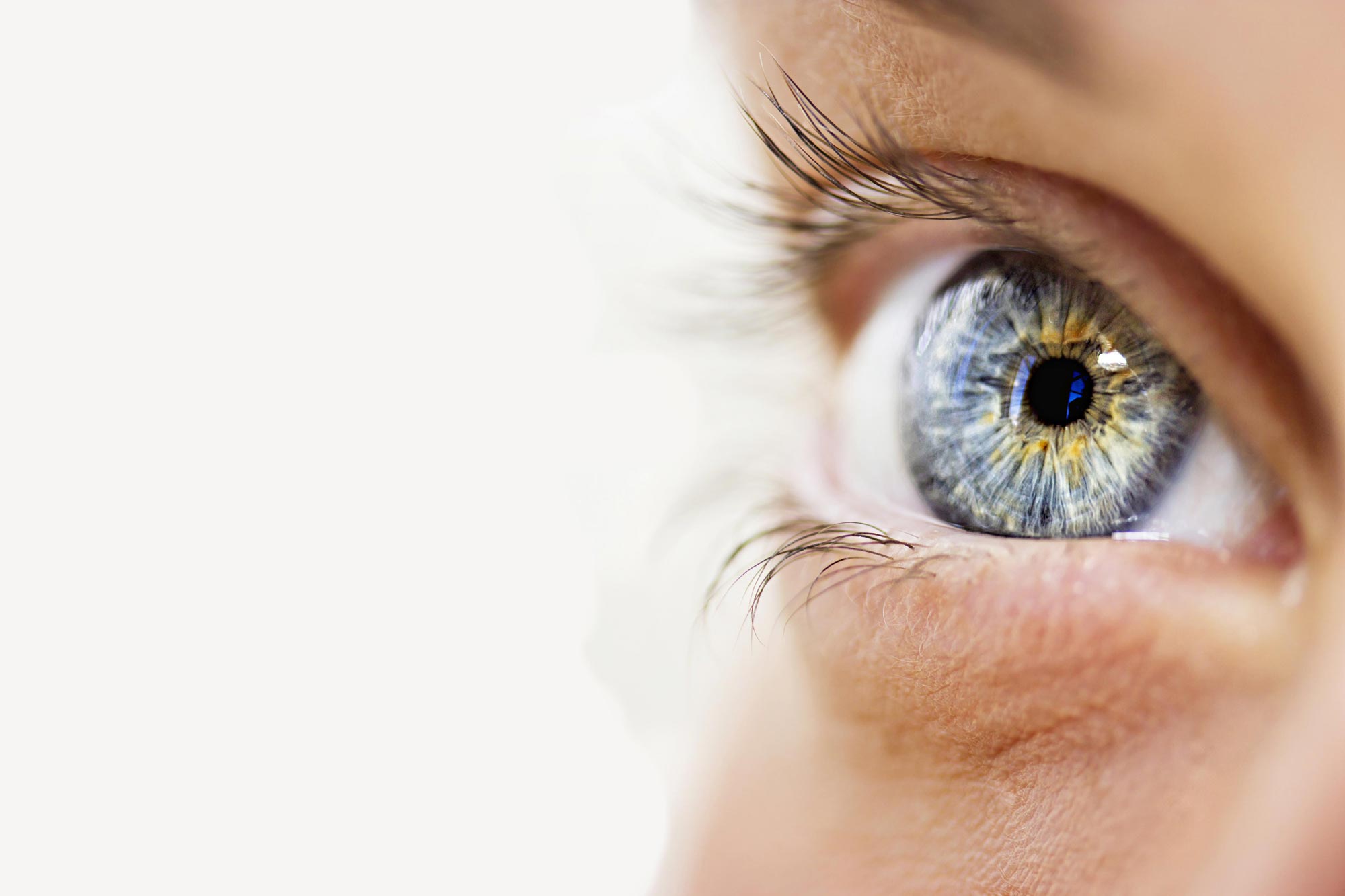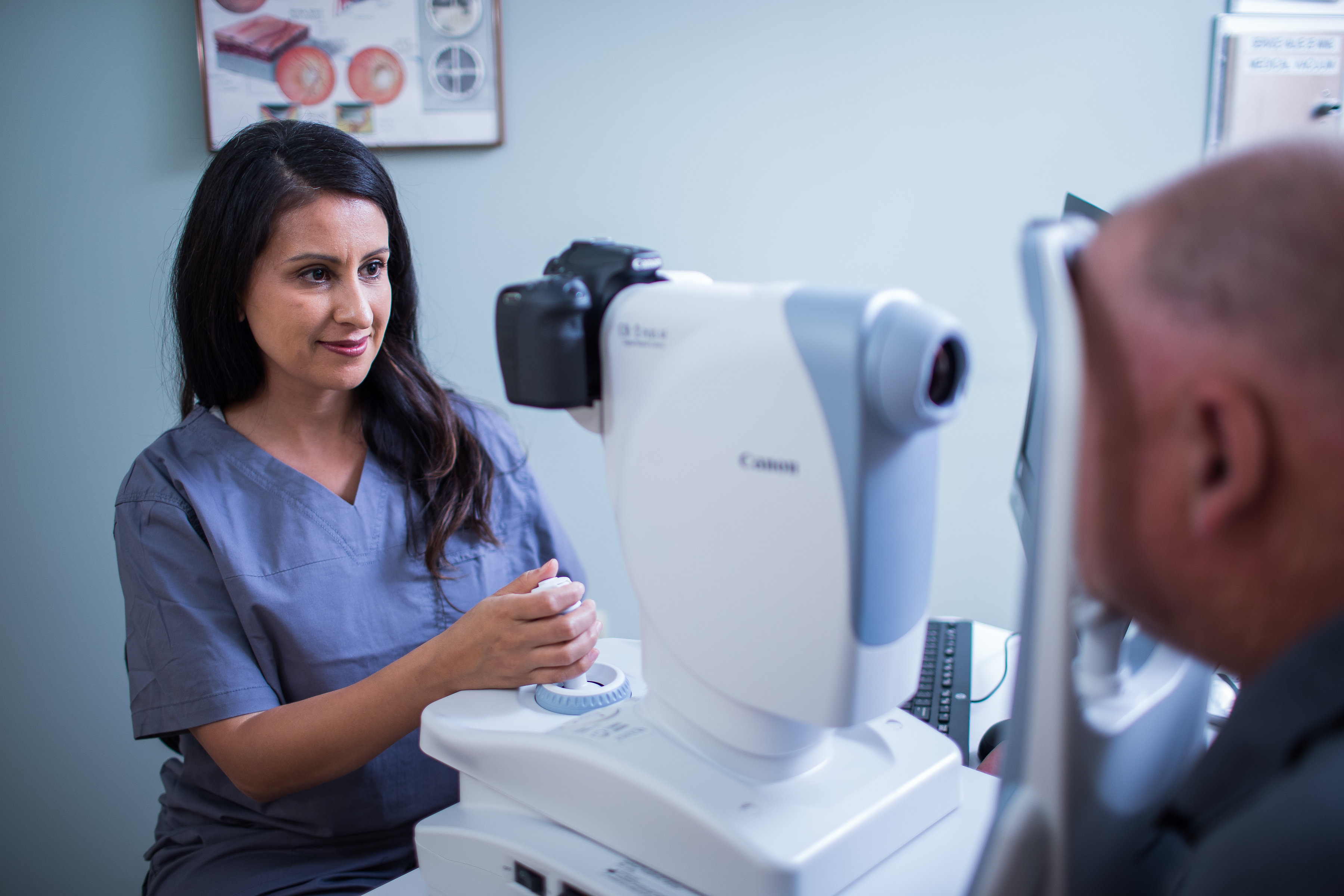Andalusia Eye Center: Introducing Vision Care for Area Wellness
Andalusia Eye Center: Introducing Vision Care for Area Wellness
Blog Article
Is Refractive Surgery Right for You? Variables to Think About for Better Eyecare
In the world of eye treatment, the decision to undertake refractive surgery is a weighty one that demands thoughtful consideration. From the ins and outs of one's ocular health to the ins and outs of everyday routines and individual assumptions, each facet holds relevance in the broader landscape of refractive surgical procedure candidateship.
Eye Health Evaluation
When taking into consideration refractive surgical procedure, a thorough eye health examination is important to evaluate the suitability of the procedure for each and every person. eye center andalusia. This assessment includes a series of assessments and examinations carried out by an eye treatment specialist to determine the total wellness of the eyes, the existence of any type of underlying problems, and the security of the refractive error
Throughout the examination, different variables are thought about, such as the patient's medical background, existing eye prescription, corneal thickness, pupil size, and tear movie top quality. These analyses assist to identify any contraindications to refractive surgical treatment, such as corneal abnormalities, cataracts, or neglected eye infections. Furthermore, the analysis assists to handle client assumptions concerning the prospective outcomes of the surgical procedure based on their unique eye qualities.
Ultimately, the eye wellness examination is essential in making sure the safety and security and efficiency of refractive surgical treatment, as it provides important understandings into the individual's eye health and wellness condition and aids figure out one of the most appropriate therapy alternatives for attaining optimum visual outcomes. (eye center andalusia)
Way Of Life Assessment
A detailed way of living analysis is important in establishing the suitability of refractive surgery for a person's aesthetic correction requirements. Lifestyle variables such as line of work, pastimes, and everyday activities play an important duty in the decision-making process concerning refractive surgery.
Moreover, way of living behaviors such as sports engagement, exterior activities, or even skin care routines can influence the recovery process and general success of refractive surgical procedure. By performing a comprehensive way of life evaluation, eye care specialists can customize their recommendations and treatment plans to satisfy the special demands of each person, inevitably leading to enhanced visual outcomes and fulfillment.
Assumption Alignment

People require to comprehend that while lots of people attain 20/20 vision or better complying with refractive surgical treatment, some might still need glasses for particular activities like reading or driving at night. Taking care of these assumptions assists stop dissatisfaction and discontentment post-surgery, leading to a more positive general experience for the patient.
Danger Evaluation

Factors that might boost the danger of complications include age, particular clinical conditions like autoimmune conditions, unstable vision prescription, slim corneas, and impractical patient expectations. Furthermore, picking a proficient and skilled specialist, adhering to pre and post-operative care directions carefully, and disclosing any appropriate clinical background can assist reduce threats.
To reduce the possibility of issues, ophthalmologists perform complete pre-operative examinations to identify any type of contraindications to surgery. They additionally review the potential dangers and benefits with people during the assessment procedure. By involving in open interaction and shared decision-making, both the individual and the ophthalmologist can function together to identify if refractive surgery is the right choice based upon specific risk accounts and wanted end results.
Assessment Importance
Thinking about the vital duty of notified decision-making in evaluating dangers and potential difficulties in refractive surgical procedure, the consultation procedure holds significant relevance in assisting patients in the direction of optimal end results. During the consultation, the ophthalmologist examines the person's eye health, refractive mistakes, and general viability for surgical procedure. This preliminary analysis is crucial in establishing the most appropriate procedure for every individual, taking right into account aspects such as corneal density, pupil dimension, and existing eye conditions.
Additionally, the assessment works as an opportunity for people to review their expectations, issues, and any questions they may have relating to the surgery. Clear communication in between the specialist and the individual is important to ensure realistic expectations and a complete understanding of the prospective risks and benefits involved.
In addition, the assessment allows the doctor to clarify the different medical options offered, their corresponding outcomes, and the post-operative care required. This detailed discussion empowers individuals to make educated decisions concerning their eye care, leading to much better complete satisfaction and outcomes post-surgery.
Conclusion
To conclude, people considering refractive surgical procedure you can check here ought to go through a detailed eye health analysis, examine their way of living practices, straighten their expectations with possible end results, assess the associated dangers, and focus on examinations with eye treatment specialists. These elements play an important function in determining the suitability of refractive surgery for each and every person, making certain optimum results and complete satisfaction with the procedure.
Individuals taking into consideration refractive surgical procedure commonly have high assumptions concerning the Click Here results, anticipating perfect vision without the requirement for glasses or get in touch with lenses. While refractive surgical treatment can significantly boost vision and lower dependence on aesthetic help, it is critical for individuals to comprehend that outcomes may differ based on specific factors such as the level of refractive mistake, corneal density, and overall eye wellness.
By engaging in open communication and shared decision-making, both the individual and the ophthalmologist can work with each other to establish if refractive surgical procedure is the appropriate option based on private threat accounts and wanted outcomes.
Thinking about the vital function of educated decision-making in assessing dangers and prospective problems in refractive surgical treatment, the consultation procedure holds significant relevance in leading clients in the direction of ideal end results. During the appointment, the eye doctor evaluates the client's eye wellness, refractive errors, and general suitability for surgical treatment.
Report this page